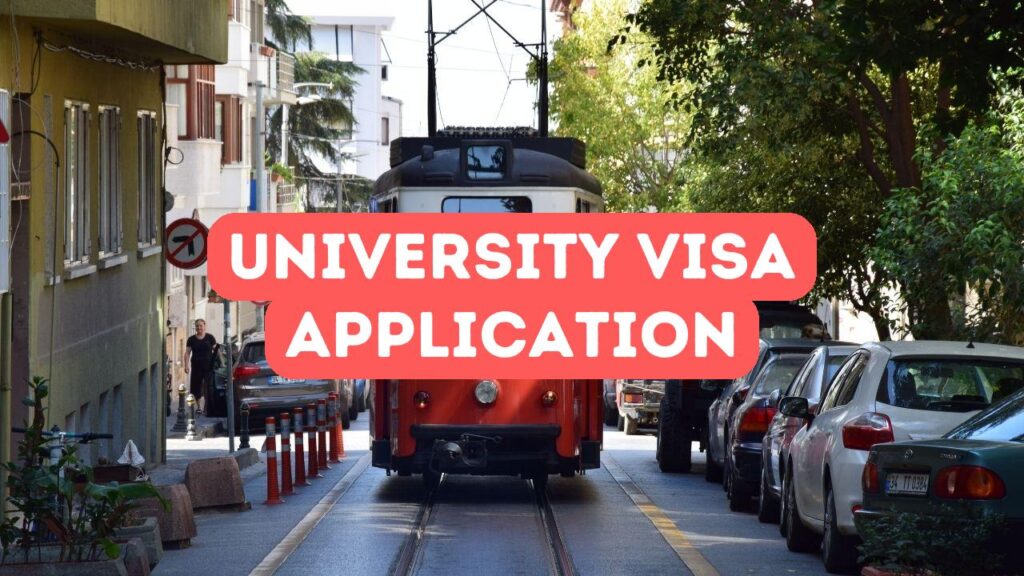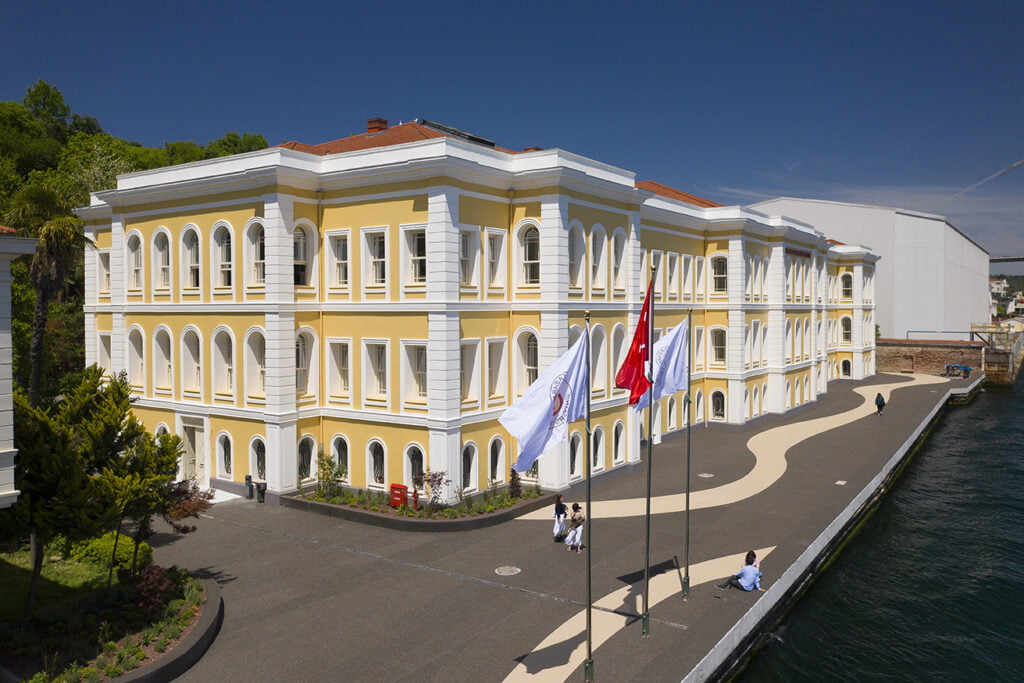Navigating the process of obtaining a university visa can be a daunting task for international students eager to study in Turkey. At Campus Turquie, we understand that securing the appropriate visa is a crucial first step towards realizing your academic aspirations. Our education consulting services are designed to streamline this intricate process, ensuring compliance with all Turkish immigration regulations while providing personalized guidance every step of the way. From understanding visa requirements to compiling essential documentation and preparing for consular interviews, our expertise helps you transition smoothly into the academic environment of your choice. Trust Campus Turquie to make your journey to a premier Turkish university as seamless and stress-free as possible.
Key Requirements and Guidelines for University Visa Application
One of the fundamental steps in applying for a university visa to study in Turkey is understanding the key requirements and guidelines set forth by the Turkish government. Primarily, students must obtain an acceptance letter from a recognized Turkish university, which serves as a critical document for the visa application. Additionally, applicants need to submit a completed visa application form, a valid passport, recent passport-sized photographs, and proof of financial capability to support their stay in Turkey. Health insurance that covers the duration of your stay and evidence of accommodation arrangements are also generally required. Each applicant must also pay the associated visa fees and potentially undergo a biometric data collection process. Complying with these prerequisites ensures that your application is processed efficiently and without delays.
Another crucial element in the university visa application process is preparing for your consular interview. This step often involves a personal appearance at the Turkish embassy or consulate in your home country. During the interview, officials may ask detailed questions about your academic plans, financial situation, and reasons for choosing Turkey as your study destination. It’s advisable to bring all original documents and their copies, including your acceptance letter, proof of financial means, health insurance policy, and accommodation details. Be prepared to discuss your intended course of study and how it aligns with your career goals. Demonstrating your genuine intent to study and your preparedness to comply with Turkish laws can significantly bolster your visa application, making a favorable impression on consular officials and increasing your chances of approval.
Once you have successfully navigated the requirements and consular interview, the final step involves waiting for the visa processing period, which can vary but generally takes a few weeks. During this time, it’s essential to monitor your application status through the official channels provided by the Turkish embassy or consulate. If additional documents or information are requested, respond promptly to avoid any delays. Upon receiving your university visa, carefully check all the details for accuracy before making travel arrangements. Ensure that your visa is valid for the duration of your studies and familiarize yourself with any entry requirements or restrictions that may apply. By meticulously following these steps and leveraging the expertise of Campus Turquie, you can confidently embark on your educational journey in Turkey with peace of mind.
Pros and Cons of Different Types of Student Visas
Understanding the pros and cons of various student visa options is essential for international students aiming to study in Turkey. The Short-term Study Visa, for instance, is an excellent choice for those enrolling in language courses or preparatory programs, offering flexibility but limited in its duration and extension capabilities. On the other hand, the Long-term Student Visa opens the door to full degree programs and offers the advantage of residency permits, which can simplify part-time work and travel within Europe. However, this visa type comes with stringent requirements and a lengthy approval process, which may pose challenges for some applicants.
For students who are unsure about their long-term plans, the Exchange Program Visa provides an appealing middle ground. This visa type is ideal for those participating in university exchange programs, typically lasting from one semester to a full academic year. The Exchange Program Visa offers substantial benefits, such as the opportunity to experience Turkish culture and education without a long-term commitment. However, it’s important to note that this visa generally does not include work rights, which could be a limitation for students looking to supplement their income while studying. Additionally, students must return to their home countries upon completion of the exchange period, which means any intention to continue studying in Turkey will require a new visa application.
For those considering specialized or short-term academic pursuits, Turkey also offers Research and Training visas. These visas cater specifically to students and professionals engaged in short-term research projects, internships, or training programs in Turkey. They provide a unique opportunity to gain specialized skills and knowledge in your field of study while experiencing Turkey’s rich academic environment. However, like the Short-term Study Visa, these visas are limited in duration and often come with strict regulations regarding the specific activities allowed. Moreover, they typically do not permit employment beyond the scope of the academic or training program, which could restrict additional income opportunities during your stay.
Step-by-Step Process for a Successful University Visa Application
The first step in the university visa application process is understanding the specific type of visa you need, as requirements may vary depending on the program and length of your stay. Generally, most international students will need a student visa (Ögrenci Vizesi), which is typically issued for the duration of your academic program. It’s crucial to begin this process well in advance of your intended start date, as visa processing times can vary. Gathering all necessary documents is essential at this stage, including your acceptance letter from a recognized Turkish university, a valid passport, proof of financial support, and possibly a health insurance policy. This ensures that you meet the basic eligibility criteria and can move forward without unnecessary delays.
Once you have gathered all required documentation, the next step is to complete the visa application form, which can usually be found on the website of the Turkish consulate or embassy in your home country. Ensure that every field is filled out accurately and double-check for any errors to avoid potential delays. After completing the form, you will need to schedule an appointment with the consulate or embassy and submit your application in person. During this appointment, be prepared to provide biometric data such as fingerprints and possibly attend a brief interview. Remember to bring all your documents, including your acceptance letter, passport, financial proof, and any additional requirements specified by the consulate. This thorough preparation will help in expediting the visa application process and increase your chances of a successful outcome.
Once your application has been submitted, the waiting period begins, and this can vary depending on your home country and the volume of applications being processed. It might take a few weeks to several months, during which you should frequently check for updates via the consulate’s official channels. If your application requires additional information or documentation, promptly provide whatever is requested to avoid further delays. Upon visa approval, you will be notified to collect your visa, usually from the same consulate or embassy where you applied. Make sure to review the issued visa for any discrepancies and ensure it accurately reflects your study period. Once you have your student visa in hand, you can then focus on the next steps, such as travel arrangements and familiarizing yourself with essential post-arrival procedures like university enrollment and obtaining a residence permit. At Campus Turquie, we stand by you through every phase, ensuring you’re fully prepared for a successful academic journey in Turkey.







